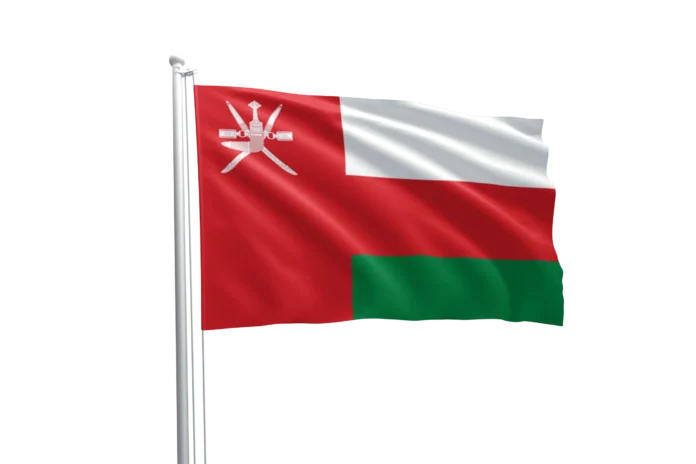Russian businesses are now shifting their focus from the UAE to Oman due to increasing sanctions pressure. Legal and consulting experts confirmed this trend in a report published by Vedomosti. They explained that Oman offers a more stable and predictable environment for operations.
Over recent months, UAE banks have increased restrictions on Russian clients. They blocked and closed accounts without prior notice. Consequently, companies are looking for alternatives that support long-term operations. Oman offers stability, especially as it has not aligned with Western sanctions.
According to Andrei Gusev from Nordic Star, interest in Oman has spiked. Russian investors want fewer compliance risks and smoother transactions. Lawyers Alexander Roganov and Vladislava Tarasenko also reported a surge in visa and company registration requests in Oman.
Unlike the UAE, Oman remains largely detached from Western financial institutions. This reduces risks of account freezing or regulatory hurdles. Additionally, Oman signed a double taxation avoidance agreement with Russia, increasing its appeal.
Roganov noted that Oman suits businesses looking for simple capital laws and non-resident-friendly regulations. After the US extended its authority for secondary sanctions in 2024, UAE institutions became more cautious. They started vetting capital sources and introduced stricter residency requirements.
Gusev also highlighted Oman’s participation in the 2024 St. Petersburg Economic Forum. This gesture boosted confidence among Russian investors. Oman offers stability in both political and economic areas, making it an ideal alternative to the UAE.
Oman’s special economic zones support medium and large manufacturing projects. Ports in Salalah, Duqm, Sohar, and Muscat provide strong logistics advantages. Natalia Patseva from FTL Advisers confirmed the rising trend of industrial investment in the country.
Moreover, Oman is now a hub for Russian trade routes with China, India, and Africa. Gusev pointed out that Russian companies are registering in Oman to handle commodity contracts and transit operations. Oman offers stability for these businesses.
Kristina Tantsyura from Sky Consulting noted that large companies explore infrastructure and tech in Oman. Meanwhile, smaller firms still prefer the UAE for quick setups and familiar procedures.
Although Oman’s expat services remain basic, it offers strong incentives. Foreign investors can open bank accounts and gain residency by purchasing property. These benefits help companies reduce sanction-related risks while expanding globally.
In conclusion, Oman presents a logical alternative for Russian firms seeking stability, logistics access, and political neutrality. Oman offers stability for global operations and strategic growth.


